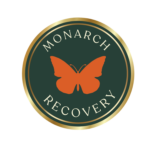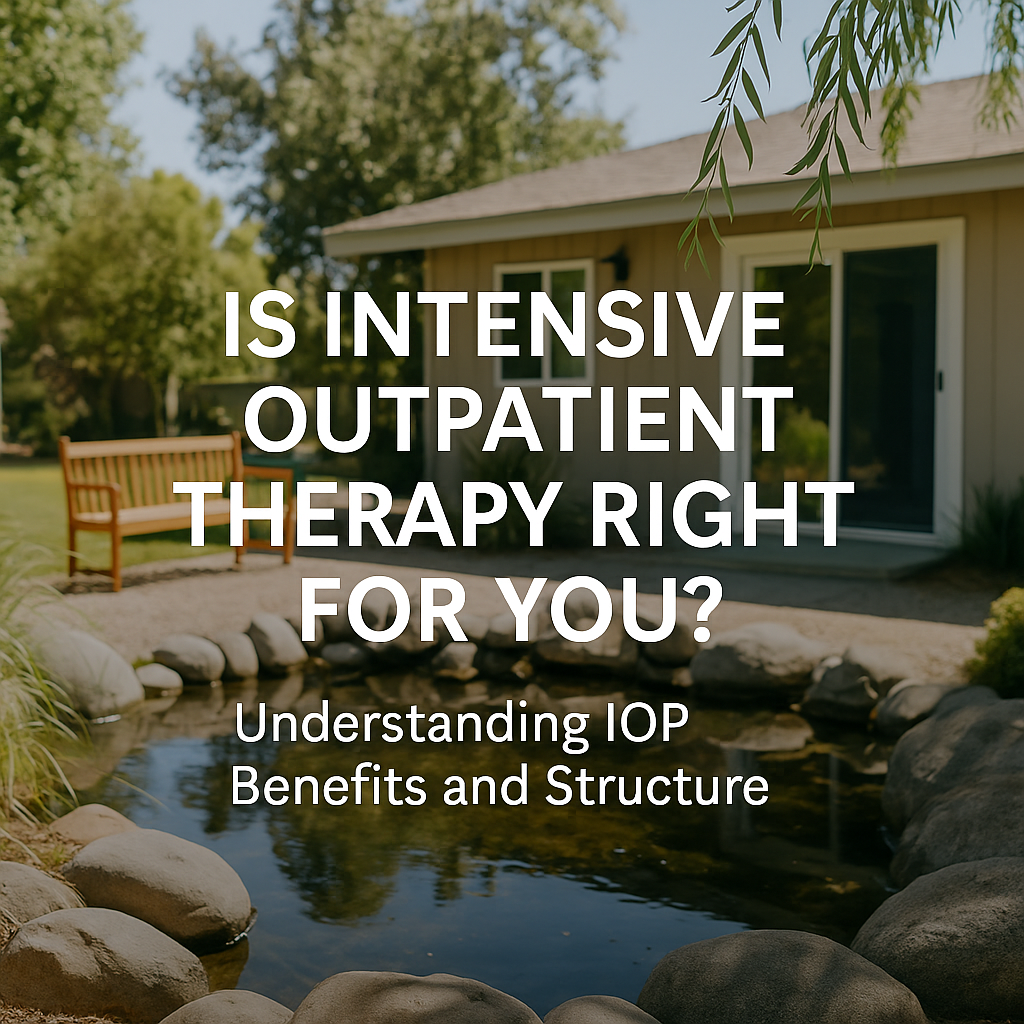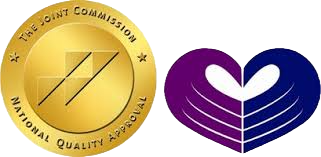Home » Integrating Intensive Outpatient Therapy into Daily Life:Strategies for Success
Recovery isn’t just a simple step in a journey – it’s a full-time commitment. For many people in the early stages of sobriety, the challenge isn’t just staying sober. Rather, it’s managing work, family, relationships and responsibilities while staying sober. This is why Intensive Outpatient Programs (IOP) are such a valuable resource for those going through the process of recovery.
IOPs offer the best of both worlds, with consistent therapeutic support without the full time structure of inpatient rehab. But making IOP work in daily life takes intention, structure and just a little bit of creativity.
At Monarch Recovery Centers, our IOP is designed for real, everyday life. It’s accessible, supportive and seamlessly integrated into your weekly routine. Whether you’re in sober living San Francisco, sober living Sacramento or just searching for recovery homes near me with clinical support, we’re happy to help. Keep reading to discover more about how integrating IOP into your everyday flow can help set you up for success in your recovery from addiction.
Working to Create a Realistic Weekly Routine
IOP typically involves several hours of dedicated therapy each week, including group therapy, individual therapy and (sometimes) family sessions. In order to make it sustainable, you’ll need to create a schedule that supports, not sabotages, your goals. This includes time-blocking your days around your IOP sessions, planning meals, work and errands with built-in flexibility and reducing optional stressors during early weeks, such as extra social plans or overtime shifts at work. By doing so, you can effectively create the time and space to allow yourself to fully focus on IOP and your recovery.
At Monarch, we help our clients build personalized schedules that align with their energy levels, responsibilities and therapy needs. Our IOP schedule is designed to accommodate a multitude of options throughout the day, including morning, midday and evening options. This helps make it easier for our clients to help balance recovery and real-world obligations.
Communicating Your Commitments
With IOP, transparency is key. Whether you’re working, studying or taking care of family, letting others know that you’re participating in IOP helps to reduce pressure and build understanding at the same time. Always make sure that you tell your employer or professors about your availability, without oversharing. In addition, coordinate childcare or family duties with a trusted support person and let close friends know that your schedule may shift temporarily. Healthy communication helps to reinforce your recovery boundaries while also showing that your healing is truly a priority.
Using Sober Living to Support Your Schedule
If you’re living in Monarch sober living Sacramento or another transitional setting, you can easily use it to your advantage. Sober living environments provide structure, accountability and, oftentimes, proximity to your IOP center. Other benefits of sober living include reliable transportation to and from therapy sessions and staff support to help you stay organized and on track. You also often have a daily routine that is aligned with others in recovery and fewer distractions or stressors as compared to independent living.
By choosing recovery homes near me or sober living homes that integrate with your outpatient treatment, such as Monarch’s, you can help simplify your daily flow and reduce burnout. This, in turn, will help keep you on the path to truly achieving long-term recovery.
Prioritizing Self-Care
IOP sessions provide essential therapeutic work, but it’s important to remember that your healing continues outside of these scheduled hours. By prioritizing and practicing self-care during this downtime, you can help regulate your nervous system, reduce cravings and build resilience.
If you’re new to the concept of self-care, you can start with a few simple steps to begin prioritizing yourself. Start your day with a grounding routine, such as breathwork, meditation or journaling, and make time for movement throughout the day, whether it’s taking a quick walk outside or stretching. In addition, you can also start using a simple planner or app to track your mood, addiction triggers and recovery goals to keep you on track. Another great option is to begin prioritizing rest and relaxation, both of which are important in proper recovery.
Planning for Life Beyond IOP
Don’t forget, IOP is a transitional level of care not a permanent fixture. It’s meant to support you as you step into more independence, almost like training wheels for your next chapter of recovery. While you’re participating in IOP, make sure to begin to plan ahead for life beyond. Think about what’s next in your recovery support, whether it’s weekly therapy, sober living or joining an alumni group. Consider how you’ll maintain accountability when IOP ends and the goals that you want to work towards, from building relationships to continuing education and beyond.
At Monarch, we’ll work with you closely to build a plan for what happens following your IOP. We will help you lay the groundwork for what comes next, so you’re not left wondering and feeling alone as you continue along your journey towards continued recovery.
Intensive Outpatient Therapy (IOP) doesn’t have to feel intimidating or overwhelming. With the right structure and support, IOP can become the most powerful, rewarding part of your weekly routine and recovery. Whether you’re living in sober living San Francisco, attending IOP in Sacramento or exploring Monarch sober living options, our programs are designed to fit recovery into the life that you’re rebuilding, not the other way around.
Ready to get started on your recovery with IOP? Get in touch with us today to learn more about the programs that Monarch Recovery Centers has to offer and more.







